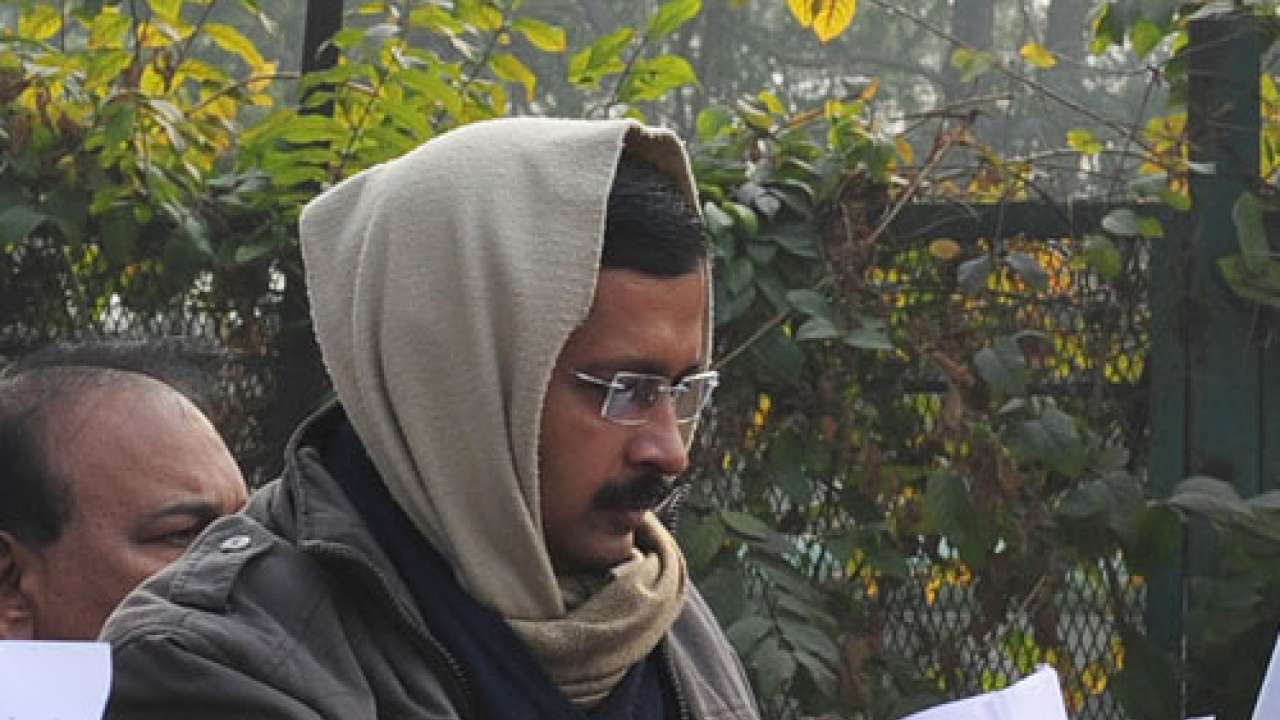
As the sixteenth Lok Sabha elections come closer, the battle between political parties is only going to go up a few notches on all fronts such as debates, absurdities, bizarre statements, name calling, personal attack on families and so on. The people of India are accustomed to all this, but the arrival of Aam Aadmi Party (AAP) on the political scene gave voters hope of finally getting something fresh other than the run-of-the-mill rut that they had been used to.
However, the expectations that many people, specifically those from Delhi, put behind the AAP and its fiery leader, Arvind Kejriwal, crumbled fairly quickly as the young party which promised change only became symptomatic to the system it wanted to change itself. This decline was in full view on Ashoka Road in the heart of the capital, where ugly clashes between AAP workers and BJP workers outside the latter’s offices made for embarrassing visuals for the entire country.
While on tour of the BJP stronghold of Gujarat, Arvind Kejriwal was detained for less than 30 minutes as the Election Commission on the very same day had enforced the pre-poll model code of conduct. This move by the Gujarat Police caused a knee-jerk reaction within the AAP,which then overreacted without any contemplation of what such actions can disintegrate to in such a charged up political environment.
What followed was stone pelting, tearing down of hoardings in front of the BJP offices, sticks and chairs flying across the gates and eventually, the police using water cannons to disperse the crowds. Now, even though there is no clarity on who threw the first projectile, the fact that AAP thought it was wise to march down with 300 odd people on back of unverified reports of why Kejriwal was stopped shows their ‘Guerilla politik’ style of politics. Act first, think later, seems to be popular notion within the party and the streets are the chosen venue to even have a “debate,” let alone showcase dissent.
Delhi proved to be a good example of what AAP and its politics is like. The fact that AAP managed to make a government and Kejriwal became the Chief Minister, only to abandon his voters within a month,instead of trying to change the system from within has created a backlash within sections of its own voter base, which is still genuinely looking for a new phase of political evolution in the country.
What Kejriwal seems to be offering people today economic policy wise is possibly more worrying than his political no-show in Delhi. The fact that AAP even thought that an immediate 50% reduction in Delhi’s power prices is possible without larger consequences, or dismantling the policy for FDI in retail for the state,showed that either the party is ill-advised on economic matters or it practices what can only be described as ‘Left of the Left’ politics.
AAP portrays profit as a sin, the business as a sinner, and government control as the saviour. This is precisely the thought process which was eliminated in the early 90s which in turn enabled the country’s economy to grow robustly. The investment climate under the government of the UPA II has already hit a big road block and AAP’s ideologies will not move the country in a direction which its youth, which now accounts for nearly 50 percent of the country’s population, is going to be looking for tomorrow.
The party’s anti-corruption agenda is only a part of its identity; it needs to look much beyond that if it intends to make a significant long-term impact on Indian politics. AAP’s current structure is not in-sync with a 21st century India, where jobs, economic growth and upliftment of citizens out of chronic poverty needs to be at the forefront of all political agenda. And this cannot be done without a robust economy backed by visionary politics.
Taking to the streets, using symbolisms such as sleeping on the road while still holding the office of the Chief Minister, calling everyone who seems to be standing on the opposite side to you as “corrupt” are not electoral or political strategies, but only hyperbolic reactions. Kejriwal and the AAP need to learn lessons from Delhi, a state which they have rendered leaderless for at least the next one year because of arrogance of not trying to work through the very symptoms that they want to eradicate. You cannot perform a heart surgery while standing in the visitor’s lounge.
AAP needs a common ground between sensibility and its ‘guerilla politik’. This political showmanship may not survive in the long run, contrary to what the party may be being led to believe.
Kabir Taneja, 28, is a Delhi-based journalist and scholar at The Takshashila Institution. Tweets @KabirTaneja